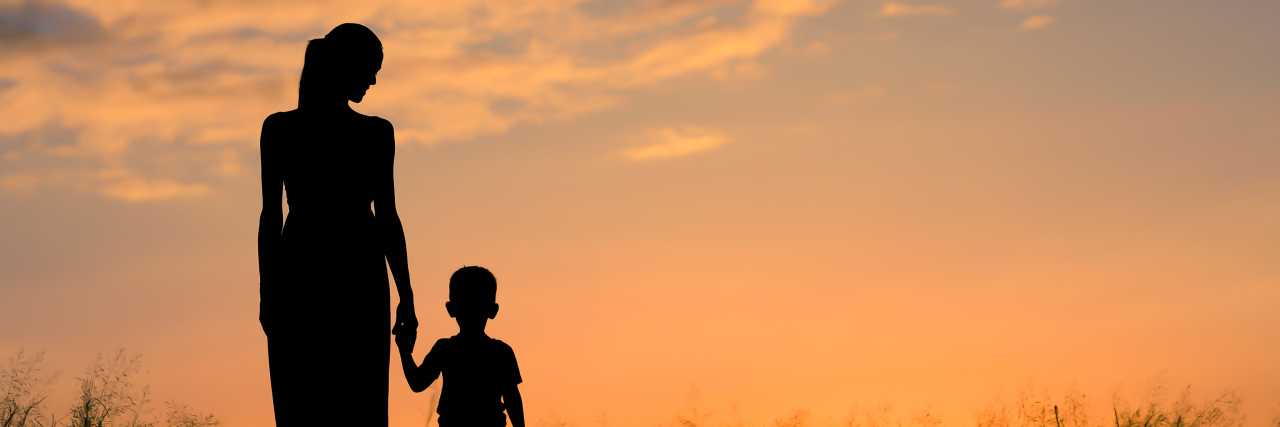There’s a brief window of time I’ve come to cherish immensely; a time when I get to experience my child without the haze of drugs clouding his mind and personality. I call it the drug window.
When my son was first diagnosed with epilepsy, I felt such relief. We had been living in the unknown for close to three years, and I was thrilled to finally have an explanation for all of the falling, mental confusion, emotional outbursts and fatigue. A diagnosis also meant we could move forward with a treatment plan.
Other relevant stories:
• Can People with Epilepsy Drive
• How Does Epilepsy Affect Daily Life
• Famous People with Epilepsy
In the beginning, all looked hopeful and bright. In my mind, he was going to start his meds, they’d gain control of his seizures and we’d look forward to the day he’d grow out of them. But life is complicated and epilepsy isn’t an easy disease to treat. We currently find ourselves in the ultimate catch-22 where the drugs are absolutely necessary and beneficial, but the side effects seem equally great.
Soon after taking his meds, my son slips into a strange and subdued place that’s medically safe and seizure-free. I have a love-hate relationship with these drugs. On one hand, they have the potential to control the epilepsy and save his life. On the other hand, they’ve taken over his physiology. He’s easily agitated, uncoordinated, shows signs of drug-induced ADHD and is generally out of whack.
I’ve gone from having a child with an unknown illness to a child who’s stuck in an epic battle somewhere between drug and disease.
I get an opportunity to see his true personality before each 12-hour dosing — once after waking in the morning and once again before bedtime. Nothing compares to the clarity I see in him at those particular times.
As such, I’ve come to cherish our windows more and more. I approach and await the waking and unfolding of my child day after day. I sit patiently and savor the moments when he emerges — the moments when I get to experience all his mind has to offer in its less encumbered state.
Disease has a way of reminding us how devastatingly beautiful and fragile life is. It can crush and destroy us, but it can also push us toward perspective and focus.
I’m in the early stages here. Most of my days are still a mix of devastation and beauty. The devastation comes when I watch him stumble and struggle through seemingly simple movements and tasks and wonder if he’s had another seizure. Beauty is found when his perseverance gives birth to breakthrough, when we celebrate his triumphs and when we take joy in simple moments.
As I contemplate the future, I wonder what his quality of life will be like, how our lives may continue to change and how to manage this disease while ushering my children through our new life here in China. It’s overwhelming, really. So much has changed for us. We’re in a new home, in a new country and dealing with an illness that has and will continue to change the dynamics of our family. I wouldn’t hesitate to wave a magic wand and make the epilepsy disappear if I could, but I’m grateful for the new insights and perspectives I’ve gained along this journey.
I’m beginning to see glimpses of what I would be missing and moments I would likely be pushing aside if I didn’t see my children through this new lens.
The early mornings that once exhausted me have become a sacred time — one that I look forward to with excitement. I find it ironic I spent days of my parenting life sleep training my children, and now I’m the one drawing out bedtime. What I once viewed as tedious and unending nighttime conversations are now treasured moments where I get to engage with my child and gain fresh insights into who he is.
I count myself among the privileged rank of parents who have children with special needs. Our journeys can be challenging. They can be often fraught with concerns, fears, frustrations and loneliness. But they are also full of perspective, hope and joy.
I’m learning to grab ahold of joy amidst the sorrow and frustration and to value this new gift of perspective and what it has ushered into my life. In the short time since my son’s diagnosis, I’ve learned to slow down, look closer, take less for granted and approach my children as gifts waiting to be unwrapped.
I’d like to think I would have learned these things without such a serious medical situation, but I don’t know that I would have. I do know, however, that should we choose to slow down and fully engage, we all have the ability to approach our children like we do any other gift — with interest, curiosity, excitement and celebration.
In doing so, we have an opportunity to take part in one of the most profound and beautiful exchanges a parent and child can share in — the pure delight and joy of experiencing someone for who they are. And I’ve found this is one of the greatest gifts we can give to another.
Getty image

